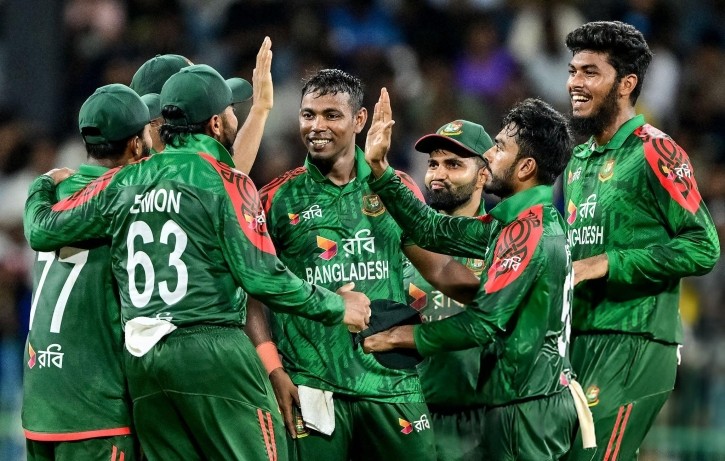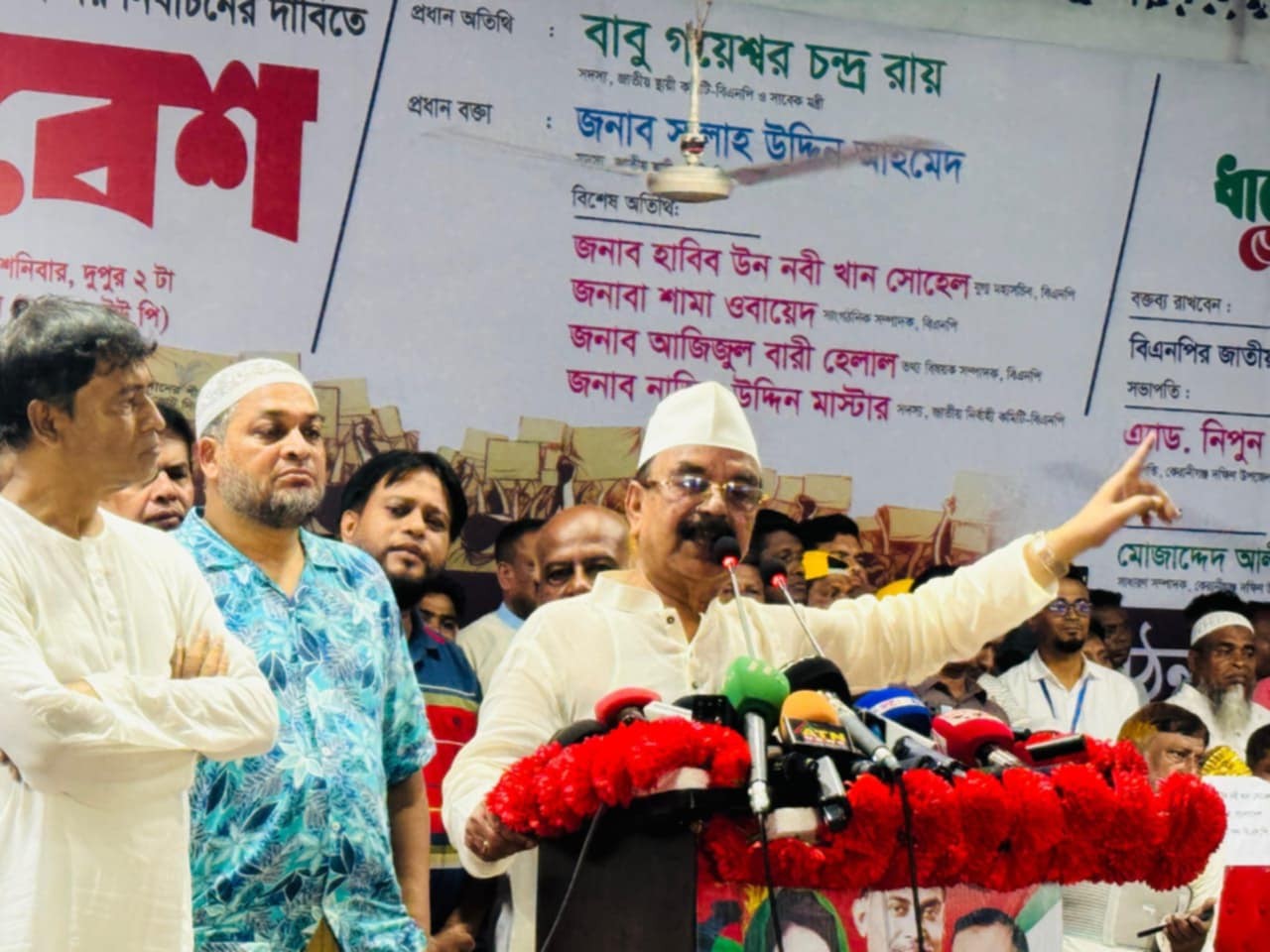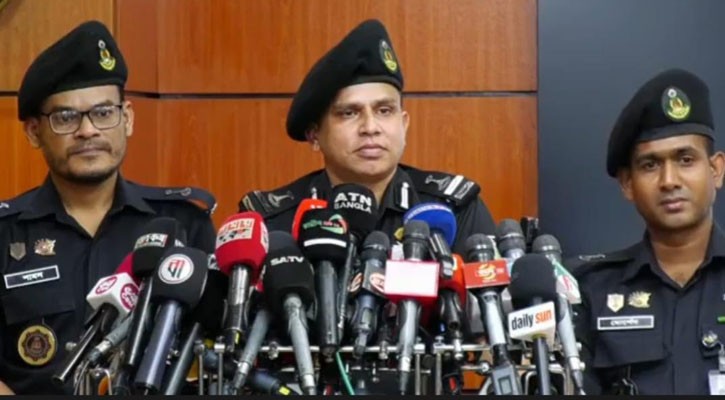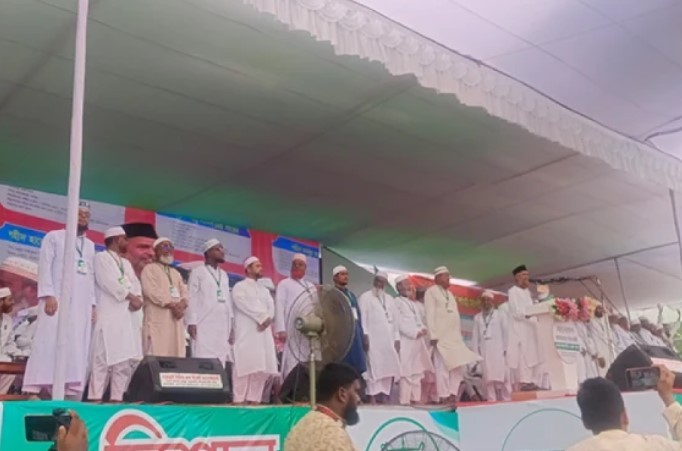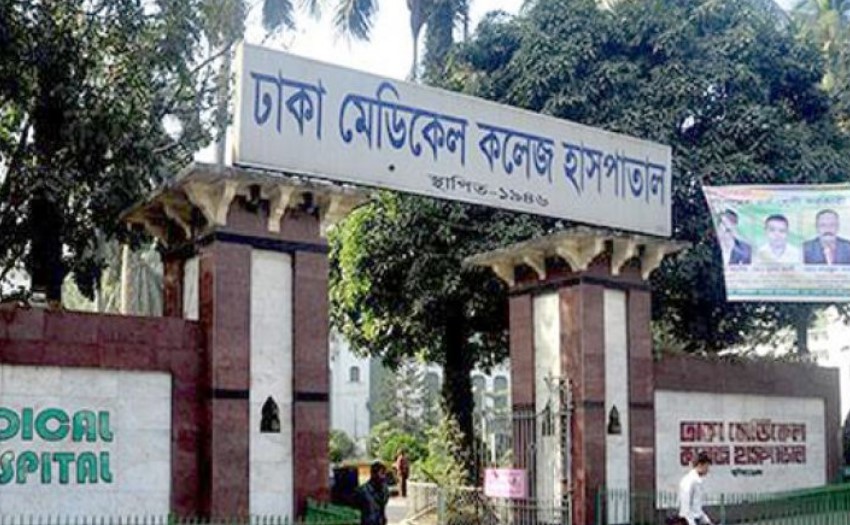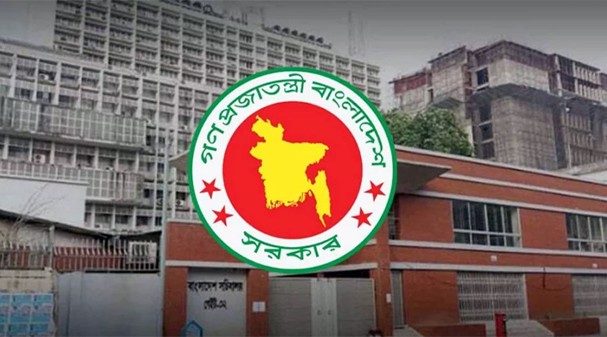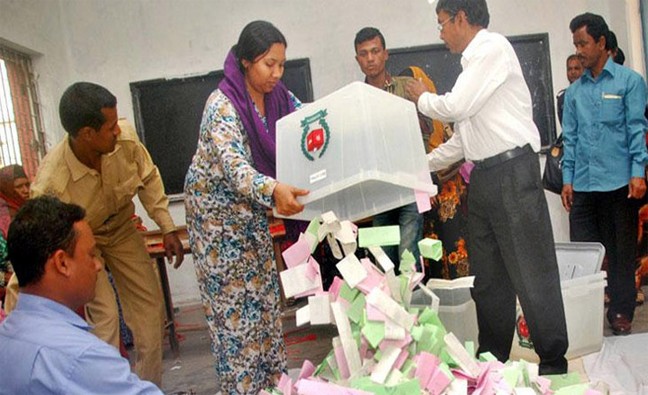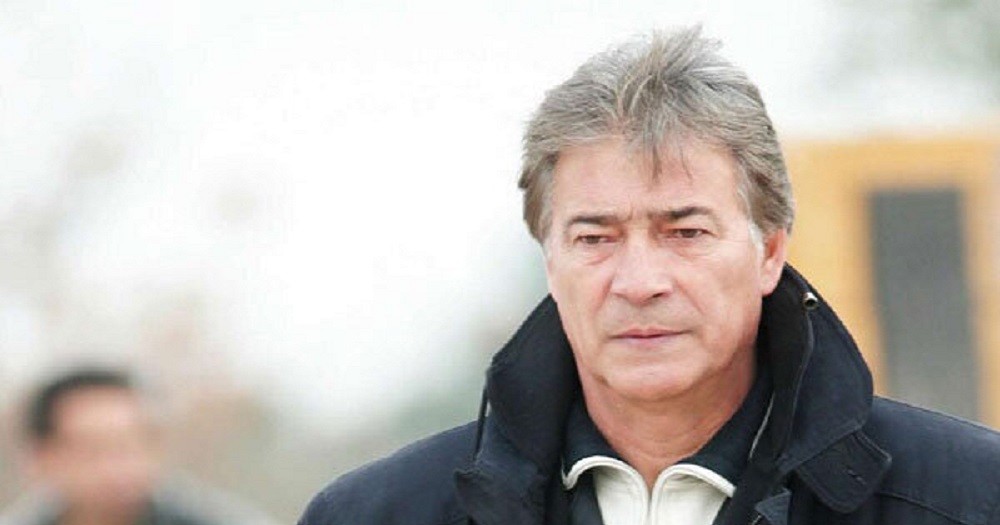
Shafiqul Alam, from facebook: When Naser Hezazi came to Bangladesh in the mid 1980s, he was already a star in Iran. But he was a wounded man. His country was in a fratricidal and brutal war with Iraq and clerics were deeply entrenched in power. Nasser Hezazi became a legend in Bangladesh. He made Mohammedan a force to reckon with in Asia -- the first and only time it happened for a soccer club of Bangladesh. He later became a coach of the Bangladesh national team.
In all these years, we never asked some of the silliest of questions. Why did he leave Iran? We also never asked any personal question. No one even dared to ask him about his reputation as a rebel in Iran and his legendary status there. After many many years when he died and the Economist dedicated a Full page on his obituary, we finally knew what a hero he was. It would go down as the most important untold story in our soccer. Perhaps he needed some peace and quiet time when he came here. But not a single journalist had any clue who he was in Iran -- other than the fact that he featured in the 1978 World Cup for Iran.
sa/sb












